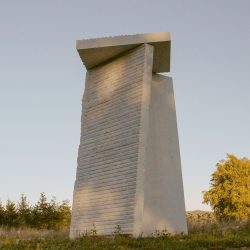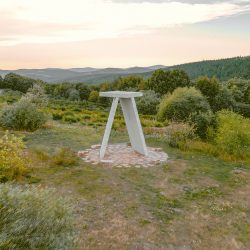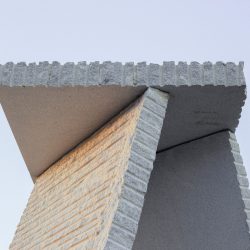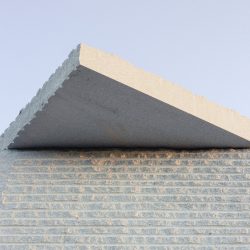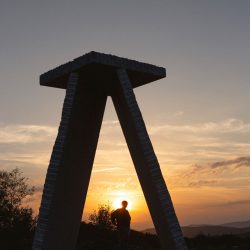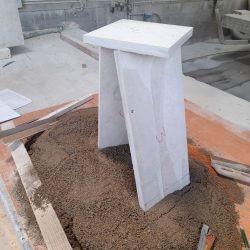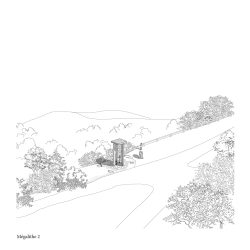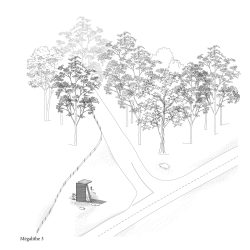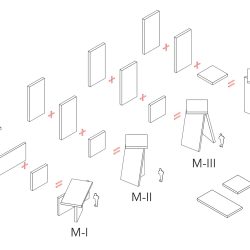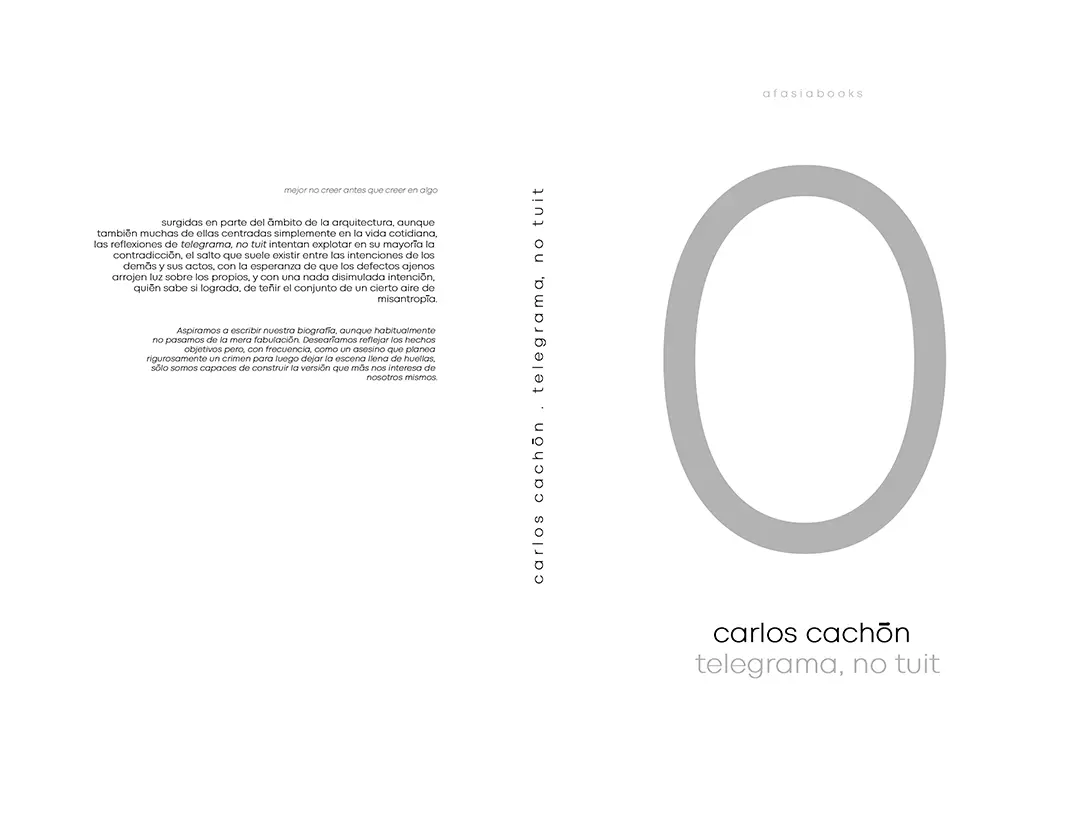
Maignial Architectes & Associés . photos: © Benjamin Vidal . + archdaily
The region of the Monts de Lacaune, located in the Haut-Languedoc massif, is an area rich in history, varied landscapes, and cultural heritage. Known for its high-quality waters and pure air, the region is dotted with spectacular panoramas and majestic peaks, such as the Roc des Écus.
During the time of Celtic Gaul, this region was inhabited by the Tectosages and preserves an important archaeological heritage, including menhir statues dating back to the Neolithic. These megalithic monuments, distinguished by their anthropomorphic figures, represent one of the largest concentrations of menhir statues in Europe, offering a fascinating glimpse into the beliefs and practices of our ancestors.
The proposed project aims to establish a dialogue between these ancient megaliths and the contemporary landscape. By integrating contemporary stone totems at the four entrances to the region, the initiative seeks to highlight the importance of these markers in narrating local history. Each megalith, while adhering to construction principles derived from traditional forms (menhirs and dolmens), is designed to harmoniously blend into its environment, indicating a location and narrating its specific significance and history.
These stone micro-architectures are defined by two principles: the menhir: a vertical stone the dolmen: a structure made of vertical stones supporting a horizontal stone.
The materials used, such as granite and gneiss, are local resources, emphasizing the importance of traditional craftsmanship in the region. The construction of the megaliths, made with raw stone, aims to preserve the authenticity of the landscape and bear witness to the creative memory of the territory. This choice of materials reinforces local identity while allowing the structures to adapt to the region’s varied climatic conditions.
In summary, this architectural intervention aims to create a narrative journey that celebrates the history, culture, and environment of the Monts de Lacaune, while promoting a connection to local craftsmanship and a respectful approach to architecture and landscape.
_



